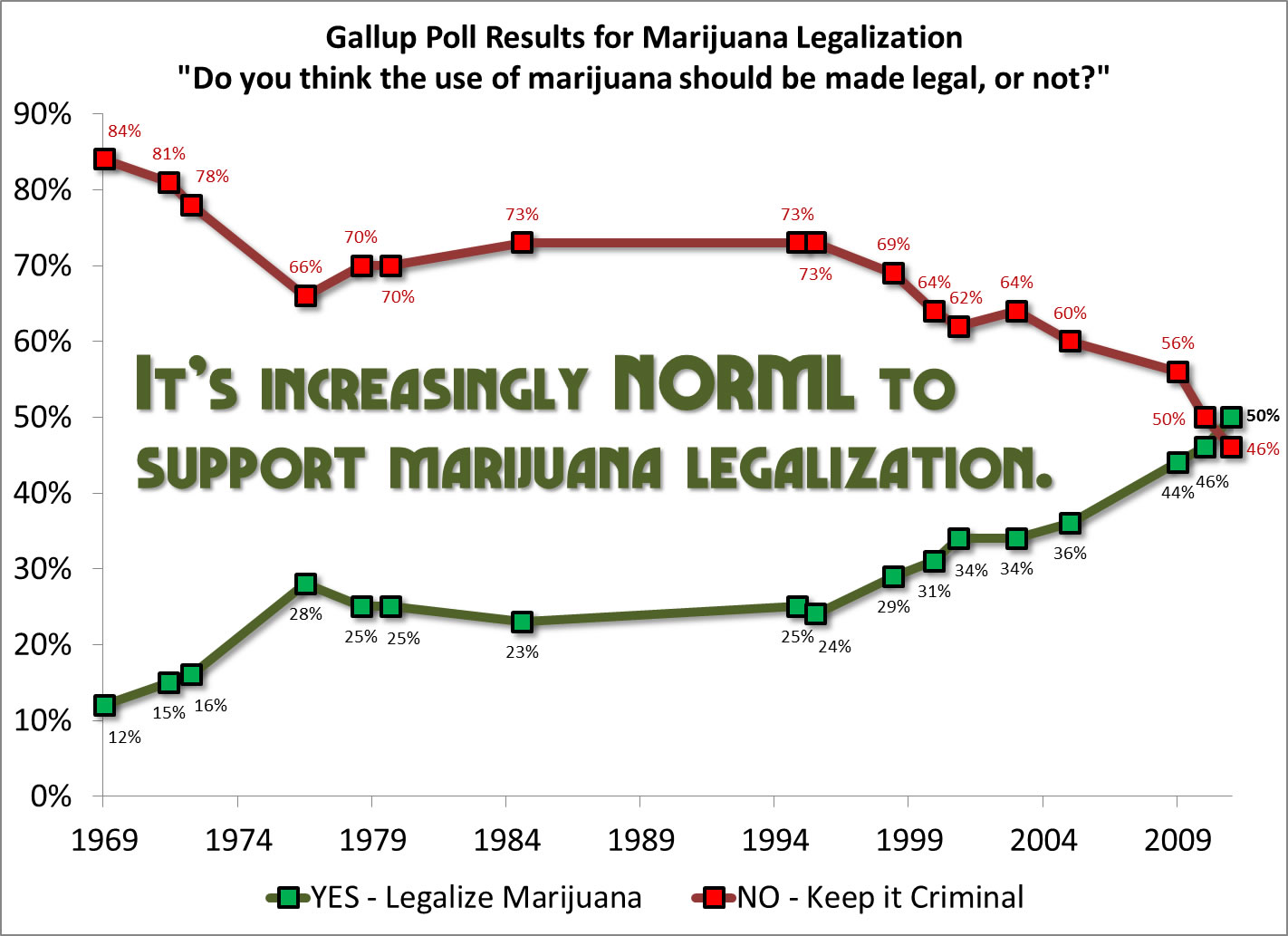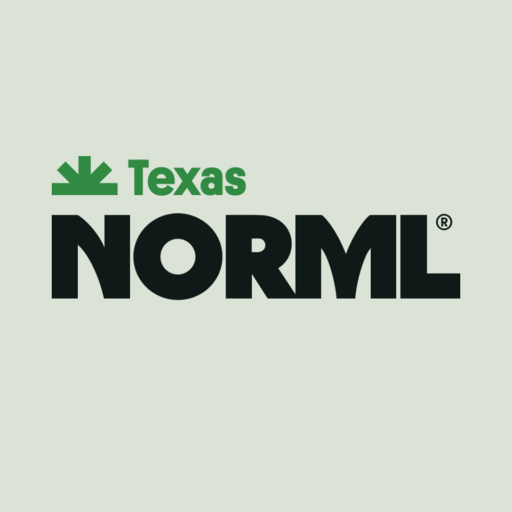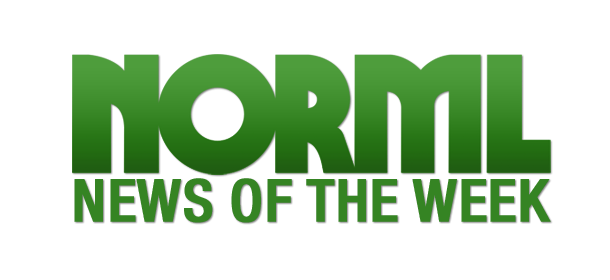Activist Training Camp 2012
June 1, 2012
Can You Smell It?
October 18, 2012
|
Recent Action Alerts:
Most Statewide Marijuana Initiatives Leading In Polls
Voters in six states – Arkansas, Colorado, Massachusetts, Montana, Oregon, and Washington – will be deciding on marijuana-specific ballot measures this November. In Massachusetts, voters will decide on Question 3, a statewide proposal that seeks to allow for the physician-recommended possession and state-licensed distribution of cannabis for therapeutic purposes. Arkansas voters will decide on a similar measure, the Arkansas Medical Marijuana Act of 2012. Montana voters will decide on Initiative Referendum 124, which is a referendum on Senate Bill 423 – a 2011 measure that seeks to restrict the state’s 2004 voter approved medical cannabis law. Colorado voters will decide on Amendment 64, which immediately allows for the legal possession of up to one ounce of marijuana and/or the cultivation of up to six cannabis plants by those persons age 21 and over. Longer-term, the measure seeks to establish regulations governing the commercial production and distribution of marijuana by licensed retailers. Oregon voters will decide on Measure 80, the Oregon Cannabis Tax Act, which provides for the state-licensed production and retail sale of cannabis to adults. The measure does not impose state-licensing or taxation requirements upon those who wish to cultivate cannabis for non-commercial purposes. Finally, in Washington, voters will decide on Initiative 502, which seeks to regulate the production and sale of limited amounts of marijuana for adults. The measure also removes criminal penalties specific to the adult possession of up to one ounce of cannabis for personal use. According to the most recently available polling, several of these measures hold firm leads among likely voters. In Colorado, 51 percent of respondents say that they are backing Amendment 64, according to the latest SurveyUSA telephone poll of 615 likely voters. In Massachusetts, a strong majority of likely voters support Question 3. A newly released Suffolk University/7News poll of 600 likely voters finds that 59 percent of respondents support the initiative versus 35 percent who oppose it. In Montana, a majority of likely voters do not support enacting limits on the state’s medical marijuana law, according to a just-published poll of 656 likely voters. And in Washington, nearly six out of ten voters say they intend to decide in favor of I-502, according to a Survey USA poll released late last week. Fifty-seven percent of respondents said that they will vote ‘yes’ on the measure, versus only 34 percent who said they would vote ‘no.’ Nine percent remain undecided. In Oregon, a July poll not specific to the initiative conducted by Public Policy Polling reported that only 43 percent of Oregonians believed that cannabis use should be legal, versus 46 percent who endorsed it remaining illegal. A more recent Survey USA poll of 552 likely voters reported that 37 percent of respondents favored Measure 80, while 41 percent said that they opposed it. Democrat voters said that they backed the measure by a vote of 2 to 1, while Republicans opposed it by a margin of 4 to 1. No recent polling is available for Arkansas. NORML has additional details about this November’s statewide and municipal ballot proposals here: http://norml.org/about/smoke-the-vote. — You are currently subscribed to norml_news as: [email protected] To unsubscribe send a blank email to [email protected]. Study: Synthetic THC Analogue Mitigates Diabetic Neuropathy, Is ‘Well Tolerated’ In Patients
Investigators at the University of Calgary, Department of Neurosciences assessed the use of nabilone versus placebo in patients with diabetic neuropathy (nerve pain) in a randomize, double-blind, placebo-controlled trial. Researchers administered daily oral doses of nabilone to 37 participants in combination with their existing medications for a period of four weeks. Twenty-six of the initial 37 subjects achieved pain relief greater than 30 percent during this period. Those subjects who responded favorably to nabilone treatment continued to receive either treatment or placebo for an additional five-week period. Researchers reported that nabilone treatment of 2.9mg per day significantly reduced subjects’ pain compared to placebo, as well as participants’ level of anxiety. Improved sleep and patients’ overall quality of life was also positively associated with naboline treatment. Authors concluded: “[N]abilone … was effective in relieving diabetic peripheral neuropathic pain (DPN) symptoms, improving disturbed sleep, quality of life, and overall patient status. Nabilone was well tolerated and successful as adjuvant in patients with DPN.” Neuropathy is a difficult to treat pain condition that is estimated to effect between five and ten percent of the population. A literature review of clinical trials data published in The Clinical Journal of Pain in March reported that cannabis and its organic compounds have been demonstrated to be safe and modestly effective treatments for neuropathy and other chronic pain conditions. Other studies have also reported that the use of cannabisaugments the analgesic effects of opiates, potentially allowing users to eventually reduce their use of opioid drugs. For more information, please contact Paul Armentano, NORML Deputy Director, at: [email protected]. Full text of the study, “An enriched-enrolment, randomized withdrawal, flexible-dose, double-blind, placebo-controlled, parallel assignment efficacy study of nabilone as adjuvant in the treatment of diabetic peripheral neuropathic pain,” appears online in the journal Pain. — You are currently subscribed to norml_news as: [email protected] To unsubscribe send a blank email to [email protected].NORML and the NORML Foundation: 1600 K Street NW, Mezzanine Level, Washington DC, 20006-2832 |



